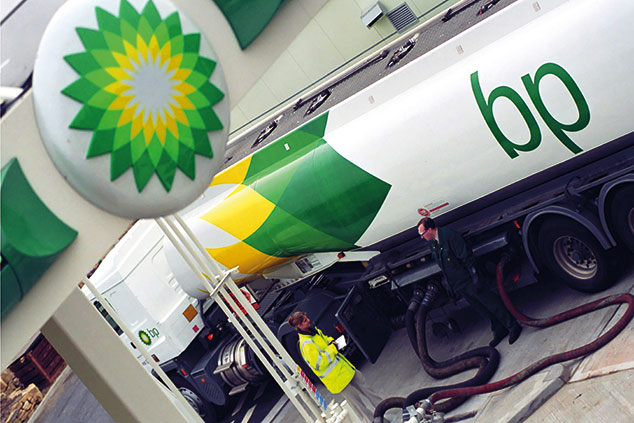
What if they threw a party but nobody came? UK stocks are surging ahead, with the blue-chip index, the FTSE 100, reaching a new record peak just below 8,000 this week. The mid-cap index, the FTSE 250, has hit its own all-time high above 21,000.
Yet British fund managers have rarely been less keen on the UK equity market, according to a survey by Bank of America Merrill Lynch. Their view contrasts starkly with the attitude of US hedge-fund managers, or corporate raiders, according to Mark Atherton in The Times. “If I had to choose between the two, my money is with the corporate raiders,” says Richard Buxton of Old Mutual.
A global tailwind
Earlier this month we highlighted the bargains among more domestically orientated companies. The blue-chips are also well worth considering. The constituents of the FTSE 100 derive around 70% of their sales from overseas, so the healthy global backdrop, coupled with the recent weakness in sterling (which boosts the value of foreign earnings), bodes very well.
Strong worldwide growth has already helped deliver record quarterly profits for the FTSE 350 (the blue-chips and the mid-caps combined) between January and March 2018, with the major multinationals that dominate the FTSE 100 performing especially strongly. They grew their sales by 30% year-on-year. BP’s earnings soared by 71%.
The global economic recovery has been long but shallow, notes Fidelity’s Tom Stevenson in The Daily Telegraph. That suggests there is still plenty of spare capacity, so further growth shouldn’t lead to overheating anytime soon. And sterling seems unlikely to rebound significantly for now, given the prospect of a growing gap between US and UK interest rates and ongoing uncertainty over our eventual trade deal with the EU.
The FTSE 100 is also unusually geared to the mature stages of an economic and market cycle, adds Stevenson. It is skewed towards energy stocks, and commodities tend to thrive in the late phase of an upswing. The market is also especially exposed “to the kinds of less cyclical, higher-quality companies that typically do well as the bull market matures”. One key sector is consumer staples, for example, while utilities and telecoms are also better represented than in other major markets.
FTSE 100 offers a juicy yield
The FTSE looks very reasonably priced compared with its major counterparts on a 2018 price-earnings ratio of 14, says AJ Bell’s Russ Mould, and this is also reflected in a dividend yield of 4%, one of the highest among the world’s major markets. “This beats cash and [the ten-year gilt’s 1.5%] hands down.” It is also higher than inflation. Reinvested dividends account for the vast majority of long-term returns, as the annual Barclays Equity Gilt study reminds us, so a healthy income stream is always welcome. We should see a stampede of bulls into the UK market soon.